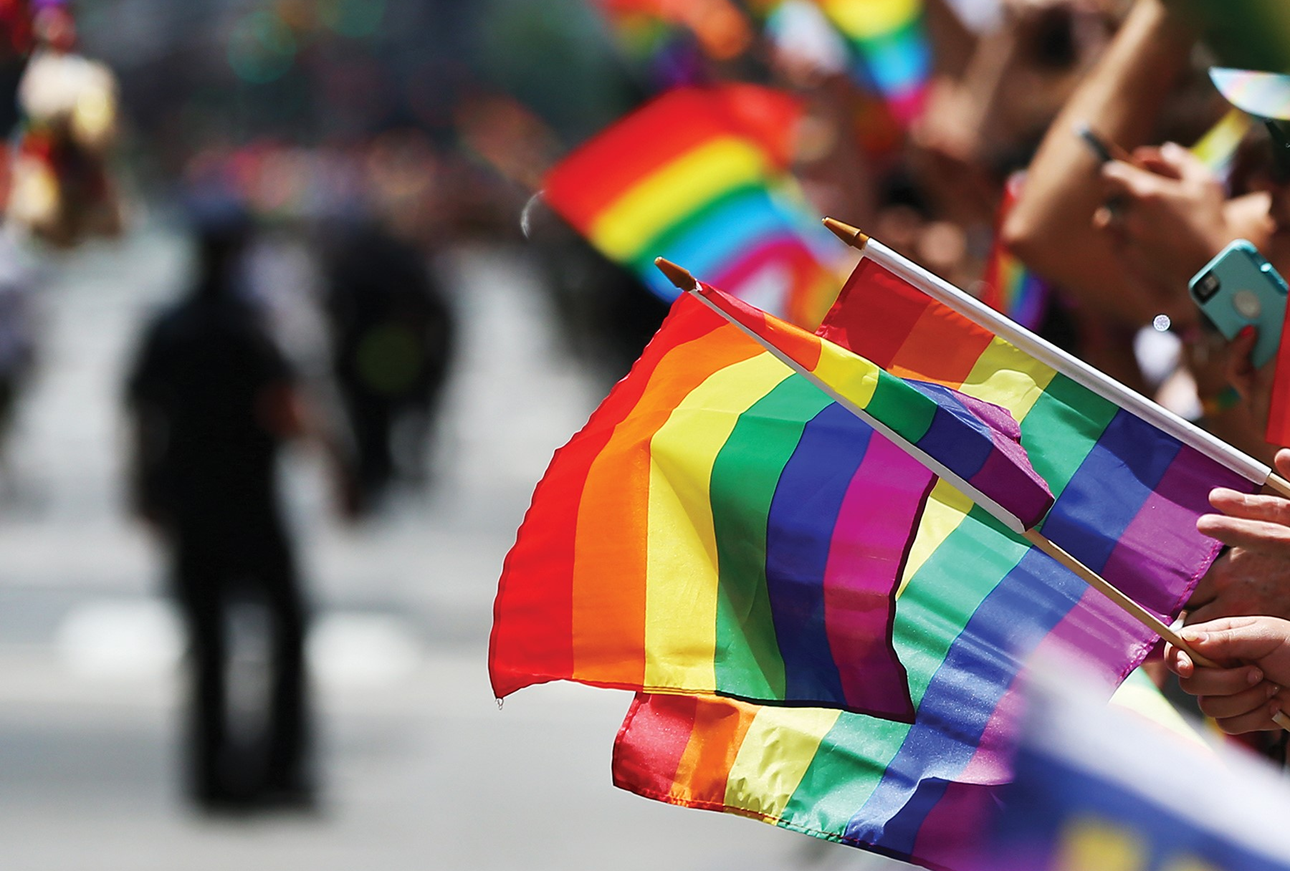Special thanks to:
The Equality Fund Advisory Committee, including Co-Chairs Catherine D’Amato and Scott E. Squillace, Esq., and members David Aronstein, Elyse Cherry, Diane Felicio, Dean Hara, Esmond Harmsworth, Billy Lagor, Andrea Light, Alexandra Schuman, Amy-Lee Simon, Ellen Wade and Charles Walsh III.
Thank you to our colleagues who helped us in this analysis:
Maria McKenna, Kevin Cranston, Barry Callis, Massachusetts Department of Public Health Carol Goodenow, Independent Research/Evaluation Consultant
Kerith Conron, Taylor Brown, The Williams Institute, UCLA Law School
H. Harrison, Massachusetts Commission Against Discrimination Margie Pullo, Gabrielle Viator, Attorney General Maura Healy’s Office
Kenneth Mayer, Rodney Vanderwarker, Dana King, Chris Grasso, Ken Levine, The Fenway Institute Arthur Lipkin, Consultant, Safe Schools Program for GLBTQ Youth
The several dozen leaders and community members who met with us to help us understand and frame these data and describe the strengths and challenges of the LGBT community in Massachusetts.
AUTHORS:
Sean Cahill, PhD, Director of Health Policy Research, The Fenway Institute
Sophia Geffen, HIV Prevention Research Project Manager, The Fenway Institute
Anise Vance, Senior Manager of Research in Race and Equity, Boston Indicators, The Boston Foundation
Tim Wang, MPH, Health Policy Analyst, The Fenway Institute Jacob Barrera, Research Fellow, The Fenway Institute, 2017
EDITORS:
Stephen Chan, Vice President for Strategy and Operations, The Boston Foundation
Barbara Hindley, Associate Vice President of Communications, The Boston Foundation
Luc Shuster, Director of Boston Indicators, The Boston Foundation
PRINT DESIGN:
Kate Canfield, Canfield Design
WEB DESIGN:
Peter Ciurczak, Boston Indicators
CONSULTATIONS WITH COMMUNITY MEMBERS AND LEADERS:
Elizabeth Walczak, Consultant
Lisa Krinsky, LGBT Aging Project, The Fenway Institute Grace Sterling-Stowell, BAGLY
Janson Wu, GLAD
ABOUT BOSTON INDICATORS
Boston Indicators is a research center at the Boston Foundation that seeks a thriving Greater Boston for all residents across all neighborhoods. We do this by analyzing key indicators of well-being and by researching promising ideas for making our city more prosperous, equitable and just. To ensure that our work informs active efforts to improve our city, we work in deep partnership with community groups, civic leaders and Boston’s civic data community to produce special reports and host public convenings.
ABOUT THE FENWAY INSTITUTE
The Fenway Institute works to make life healthier for LGBT people, people living with HIV/AIDS, and the larger community. We do this through research and evaluation, education and training, and policy analysis. We are the research division of Fenway Health, a federally qualified health center that serves 32,000 patients each year. One of Fenway Health’s original focus areas was gay men’s sexual health, and Fenway has been a leader in HIV prevention, care, and research since the 1980s. Since then it has expanded its work on lesbian and bisexual women’s health and on transgender health. Today half of Fenway’s patients are LGBT, about 2,200 are living with HIV, and about 3,000 are transgender.
A SPECIAL THANKS
Thanks first to the Equality Fund at the Boston Foundation, for supporting this research. The Equality Fund was created in 2012 to make high-impact grants to nonprofits serving the diverse members of the LGBTQ community and build a permanent endowment to benefit the LGBTQ community of Greater Boston. In particular, we would like to thank the Equality Fund Advisory Committee and Committee Co-Chairs Catherine D’Amato and Scott E. Squillace, Esq. for providing vision, advice and guidance for this report.
We would also like to thank the several dozen leaders and community members throughout the LGBT community who made important contributions to the development of this report. We spoke with several dozen leaders and community members throughout the LGBT community made important contributions to the development of this report. We spoke with partners from across the LGBT community and many who work in support of the LGBT population about the assets, challenges and opportunities facing this community today. We want to express our deep appreciation to everyone who participated in this process for their insights and for the spirit of generosity with which they were shared. We are also grateful to our partners in state government, especially in the Massachusetts Department of Public Health, who generously analyzed and shared data and expertise with us.

